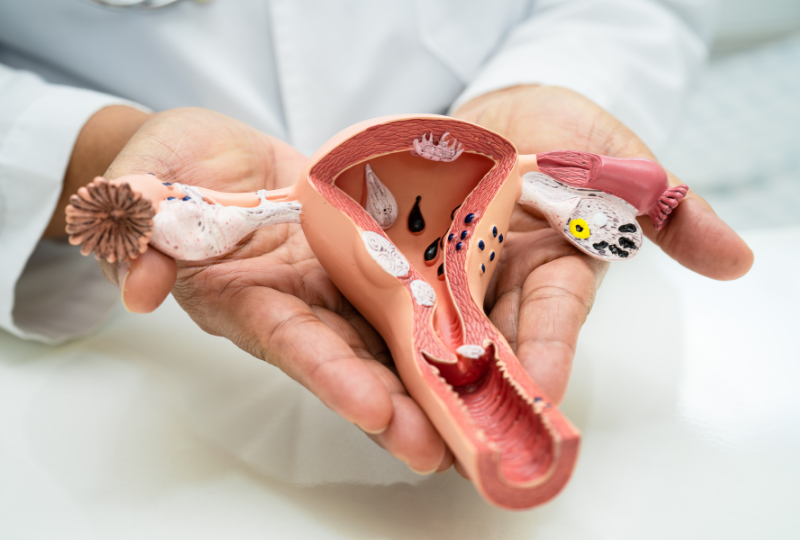

Urogynecology deals with complaints such as overactive bladder in women, anomalies in the genital area, loss of function, urinary incontinence problems and pelvic organ prolapse.

Why should you prefer Op. Dr. Serpil KIRIM for Urogynecology Treatment?
Women may not be able to easily tell their complaints such as urinary incontinence, bladder prolapse, uterine prolapse without embarrassment and hesitation.
They may also experience confusion from time to time about which branch should be visited in these matters. This situation causes delayed treatment and progression of the disease.
However, you can get rid of these complaints in a short time with very simple surgeries. By going through this process with Op. Dr. Serpil Kırım, an experienced surgeon, you can express yourself much more comfortably and have a smooth treatment period.